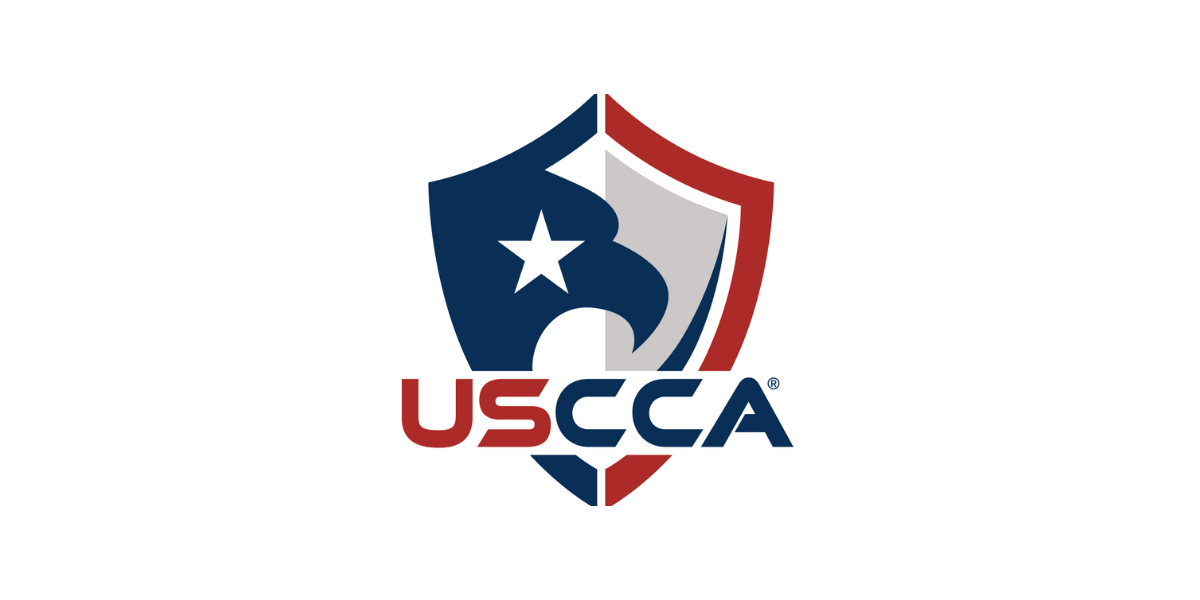As the largest living generation in the U.S.—making up 22% of the population—and collectively having lived through several “once-in-a-lifetime” crises, the millennial generation has been forged into some of the most adaptable planners to date. From setting personal and professional goals, managing and interacting with their finances and investments, to purchasing their first homes and starting families, many in this group are committed to planning further into the future than ever before.
Despite this, 41% of individuals ages 18-34 have never discussed estate planning with anyone. While grim, this number did see some downward motion in part due to the COVID-19 pandemic, as 32% of adults under the age of 35 said they only engaged in estate planning due to the pandemic.
So, with these numbers, are millennials right in thinking that they do not need estate plans? What are some of the most common concerns that millennials have when looking to plan their futures? While it’s impossible to capture all aspects of an estate plan in a single article, below is a brief snapshot of why estate plans might be the logical next step for any millennial looking to secure their future.
Inflation Nation
Broadening our scope, just 33% of Americans have a will or living trust, despite the fact that more than 50% believe estate planning to be at least somewhat significant. One in three respondents, when asked why they don’t have a will, said they don’t have enough assets to leave behind.
The notion that “I don’t have enough assets to make it worth it” is one of the most common reasons that millennials don’t want to pursue making some sort of estate plan. This notion doesn’t appear to be changing anytime soon, as the fears of ever-growing inflation still weigh heavily on the American populous—no more so than for millennials. According to a New York Times survey, 9 out of 10 U.S. adults are concerned about inflation.
While an understandable sentiment—with ongoing economic uncertainties as we emerge from the pandemic—this mentality may have costly, long-term consequences if left unaddressed. It’s a natural reaction, as when things become more expensive, you value what you own less and look to cut costs where possible.
However, estate plans aren’t just for those with expensive houses and larger IRA accounts. Even if you don’t have much in terms of value, you still own possessions and have some money. Creating a will can let you decide where things go once you’re gone and save your loved ones the burden of trying to figure it out themselves.
Protecting Yourself, Your Family, and Your Assets
As hinted at earlier, there is more to an estate plan than high-value assets. A will can not only plan out how your money is taken care of if you pass but also your belongings, such as a car or heirlooms. In addition to the more regular belongings you own, many wills today include provisions about digital assets. From more personal items like photos, videos, and email and social media accounts to balances and accounts such as PayPal, Venmo, Netflix, and Spotify, all of these digital assets can be specifically bequeathed, which is often overlooked when thinking about traditional estate plans.
Outside of your property and assets, establishing guardianship for your children is another part of estate planning that could be of great benefit for those starting a family. In the event that something were to happen to both you and the other parent, you would want to have a say in who would raise your children. Guardianship of the child and their inheritance are frequently contested by opposing family members, driving them further apart at a time when they should be coming together.
Another reason why millennials should consider making an estate plan is that when you’re young, it’s difficult to imagine being gravely ill and unable to make your own medical decisions, leaving you unprepared should the worst happen. Accidents happen that could leave you gravely ill. In the event you become incapacitated, who will pay your rent or deal with your health insurance company? What about making your other loan payments or depositing your checks? A healthcare or durable power of attorney can ensure that you have designated people who care about you making decisions on your behalf should the worst befall you.
While a gross oversimplification of everything an estate plan can take care of, it is important for the younger generation to realize everything that an estate plan can offer them when it comes to fully transitioning into adulthood outside of the traditional house and stock accounts.
Have a Conversation About Your Future Today
While it’s easy to push off the thought of estate planning till you get older, life comes at you fast. As an estate planning lawyer, one of the most common phrases I hear is, “I regret not taking care of this when I was young and healthy.” Whether it is actually creating this roadmap towards protecting your ideal future or just having a conversation about where to start, taking these steps earlier on in your life will certainly pay dividends in the future.
Jason Snyder is a senior associate at Tully Rinckey PLLC, where he focuses his practice on wills, trusts, estate administration, and real estate law. He has particular experience in drafting wills, estate planning, estate administration, and all facets of real estate transactions. He can be reached at info@tullylegal.com or at (888)-313-2541.







